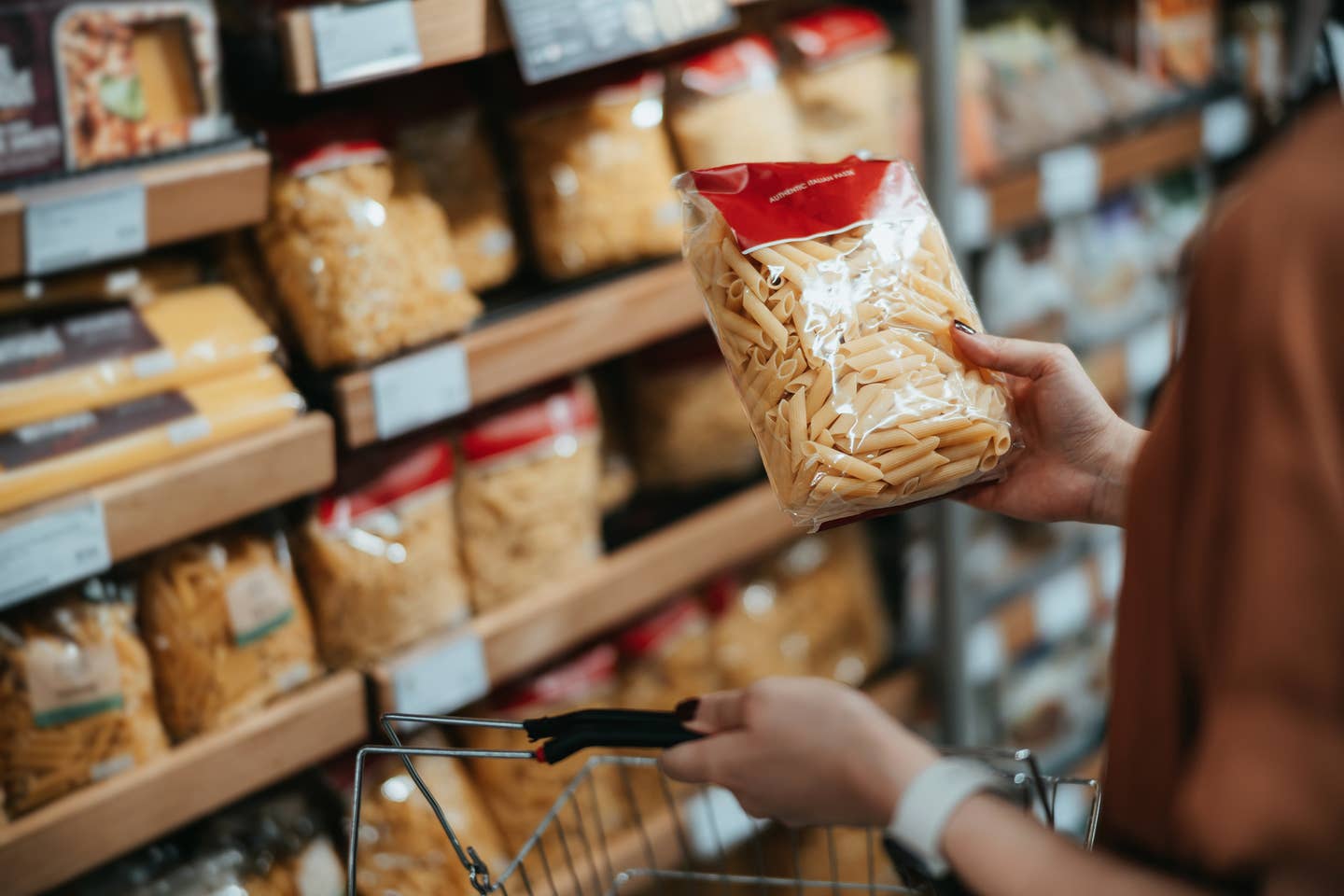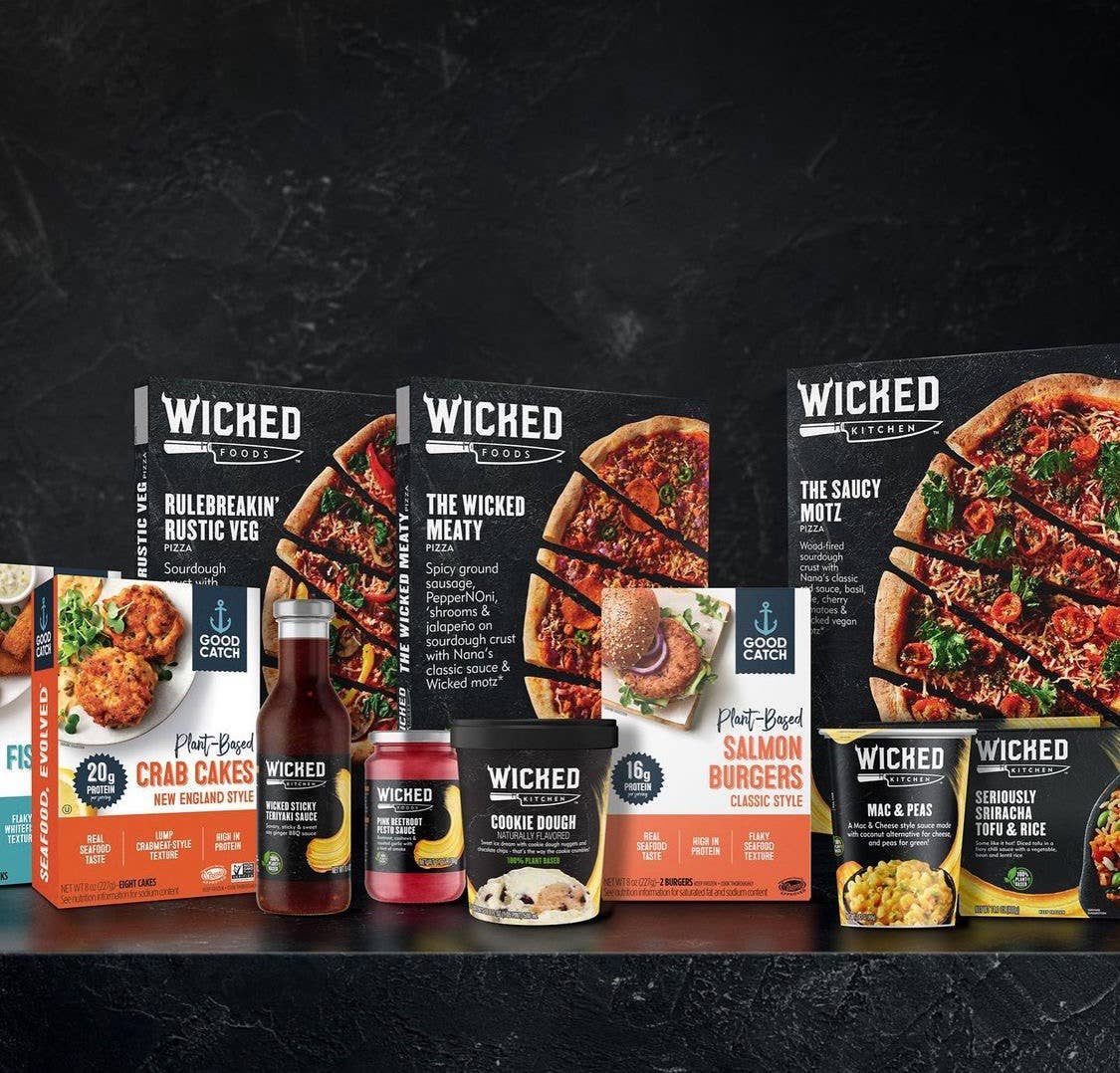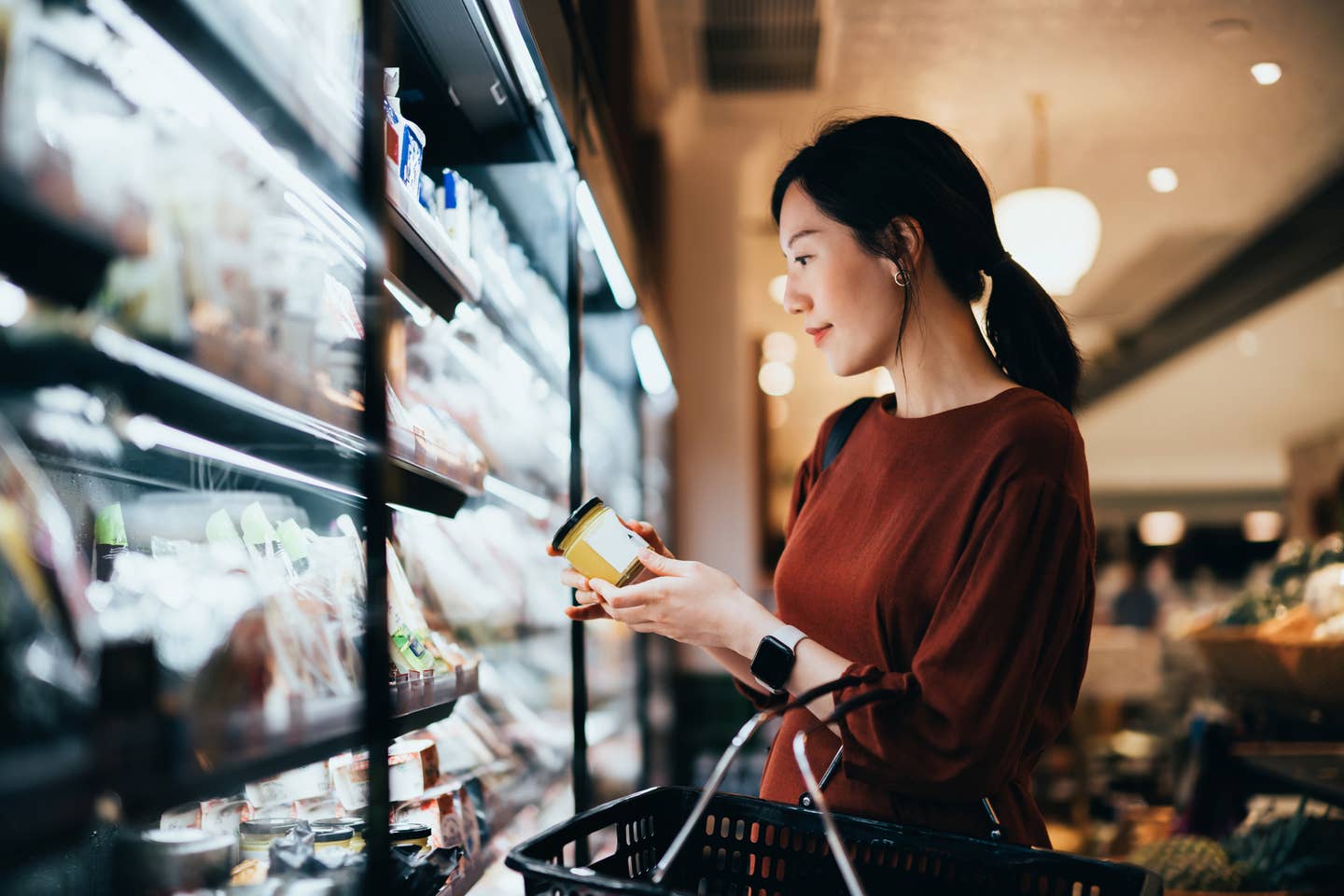
Oatly Rumored to Be Seeking $10 Billion Valuation Ahead of IPO. Wow. No Bull
That Superbowl commercial where the CEO of Oatly sang "Wow, wow, no cow!" off-key in a field of oats, must have been worth every penny. Bloomberg just reported that the Swedish plant-based milk, creamer, and ice cream company is getting ready to file an IPO that values itself at $10 billion, which would be by far the biggest IPO from any plant-based food company in history. To put it in perspective, Beyond Meat, which went public in October 2019 at $25 a share, is now trading at around $167, which puts that company's market value at just north of $10 billion today, but it was not even $2 billion when the shares first bowed.
Oatly has been a darling of plant-based enthusiasts since it first arrived from Sweden in 2016, and consumers fell for its taste, packaging, and marketing message, which seemed to break the rules of advertising by letting us in on the secret that this company had cracked the code on delicious plant-based milk, made with oats, which are better for the environment and of course, left animals out of the equation. Until then the most popular dairy alternative was almond milk, but oats captured the attention of planet-friendly consumers who liked the fact that oats require fewer resources than almonds, which require copious amounts of water to grow. Oatly quickly made inroads in non-dairy milk, coffee creamers, and icecream, exploding in popularity over the last few years, and quickly spreading to all major US supermarkets. The possibility of an IPO this large is big news for the Swedish company, showing that not only is the company growing but also that the plant-based market is skyrocketing as well.
“Malmo, Sweden-based Oatly is working with advisors on an initial public offering that could come as soon as May,” Bloomberg reports. “Deliberations are ongoing and details on size and timing of the listing could still change, the people said.”
Oatly Said to be Seeking $10 Billion Valuation
This news arrives weeks after the company’s popular and controversial Super Bowl ad featuring the child-like song “Wow, wow, no cow,” sung by CEO Toni Petersson, at an electric keyboard in a field of oats. The shockingly bad rendition of a song he wrote appeared, at first listen, to be a rare marketing mistake by the hip company, but quickly gained a virality that could only be good for business, proving its $5 million price tag for a Superbowl spot may have been well worth it.
The company recently attracted a roster of celebrity investors including Oprah, Natalie Portman, and Jay-Z, and others who put $200 million into the oat milk maker. The celebrities were joined by Howard Schultz, former CEO of Starbucks, whose company carries Oatly products in stores across the United States. The investment round of $400 million was led by the Blackstone Group, Group, the private-equity firm.
Amidst all of the adoration, Oatly has faced some backlash for its involvement with Blackstone, which partially owns a Brazilian firm that is "helping to transform Amazon from jungle to farmland" according to The Intercept and The Atlantic. to the devastating Amazon fires of 2019, since Blackstone owns soybean and grain operations that are clearing forest land for farmland and building a highway to bring the soybean and grain to a port where it can be shipped to larger markets. Blackstone's CEO, Steve Schwarzman was also a major donor to former president Trump and Senate Minority Leader Mitch McConnel.
Two firms partly owned by Blackston "are significantly responsible for the ongoing destruction of the Amazon rainforest, the carnage that has developed into raging fires that have captivated global attention," The Intercept reported bac in 2019. It ran a statement from Blackstone that read: “Blackstone is committed to responsible environmental stewardship,” the company said in a statement. “This focus and dedication is embedded in every investment decision we make and guides how we conduct ourselves as operators. In this instance, while we do not have operating control, we know the company has made a significant reduction in overall carbon emissions through lower congestion and allowed the more efficient flow of agricultural goods by Brazilian farmers.” It wasn't enough to quell the boycott of Oatly, by plant-conscious consumers. Meanwhile Oatly defended this business relationship claiming that it was “required for the advancement of the plant-based movement.”
The large recent investment in Oatly is part of a larger market trend to invest in a plant-based future. Plant-based bellweather Beyond Meat shares are up more than 6 times what they opened at in October 2019. The stock price has been on a roller coaster of late, up 42 percent in January after its announcement of a broad partnership with Pepsi, and another with Taco Bell. Meanwhile, earnings have been disappointing and the company is down significantly from its highest price. Its stock rose and fell and rose again on rumors of its relationship with McDonald's as the chain prepares to roll out the McPlant with Beyond patties.
Food giants are betting big on plant-based products: The largest food company in the world, Nestle, is investing $100 million to make plant-based products in China, while Kellogg's is spending $43 million to expand plant-based offerings from Morningstar Farms, and Cargill, the largest meat producer in America, announced it is planning to roll out plant-based meat this spring, to rival Beyond and Impossible burgers. With all this capital flowing into the growth of plant-based foods and drinks on every continent, the growth of plant-based consumerism is growing at an unprecedented rate of nearly 30 percent, according to the Good Food Institute.
This all goes to add context for Oatly’s potential value of $10 billion, which may not sound so audacious if you consider that plant-based products can be expected to be a shelf staple for a long time to come. While it may be introduced to many newcomers to dairy-alternatives as “Milk, but made for human, Wow, Wow, No Cow,” the company’s off-beat humor is transforming this Swedish import into an American household name.
More From The Beet






